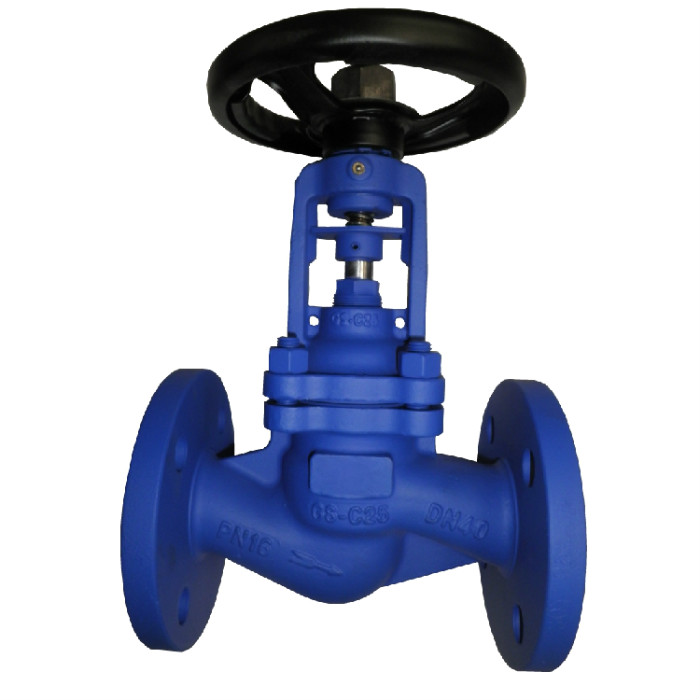Overview of bellows commonly used in valves

In a metal bellows valve, the metal bellows assembly provides an axially movable metal housing between the valve stem and the process fluid within the valve body to form a dynamic seal. The bellows bears the pressure, temperature and corrosion of the medium while bearing the compression and tension of the valve stem, ensuring that the valve achieves zero leakage during the life cycle.
With the universal application of bellows in the valve industry, the technical requirements for bellows have also continued to increase. The metal bellows for valves are constantly developing in the direction of high pressure resistance, high temperature resistance, corrosion resistance and long life. Materials suitable for the production of bellows must have good plasticity, high elastic limit, tensile strength and fatigue strength, good welding performance, and stable elastic properties. Austenitic stainless steel is widely used in the manufacture of bellows due to these performance characteristics. High pressure and pressure resistance are the basic requirements for valves and bellows, but as the pressure level of the valve increases, the wall thickness and stiffness of the bellows increase, which makes it difficult to open the valve and manufacture the bellows.
Our engineers of JHF generally do not simply increase the wall thickness, but increase the pressure resistance of the product by increasing the number of layers, while reducing the axial stiffness of the bellows and reducing the valve opening force. The wall thickness of austenitic stainless steel bellows with a nominal pressure below 15 Mpa(900 LB) is generally 0.1-0.3mm, and the number of layers is 1-6. The bellows under this pressure level has a certain versatility and has formed a series of products. When the pressure reaches 25MPa (1500LB) or more, the appropriate material should be selected according to the valve diameter and operating temperature, which is designed and produced by a professional manufacturer of bellows. Non-metallic materials have excellent corrosion resistance, fluorine-lined plastic anticorrosive valves are widely used, and PTFE bellows valves also have certain application fields. However, due to the low strength and heat resistance of non-metallic materials, the general use temperature does not exceed 150 ℃, and the application range is limited. Austenitic stainless steels represented by 304 and 316L can cope with weaker corrosive conditions, but to resist wet chlorine corrosion in chlor-alkali industry and other severe corrosive conditions, a corrosion-resistant alloy with excellent corrosion resistance must be used material.